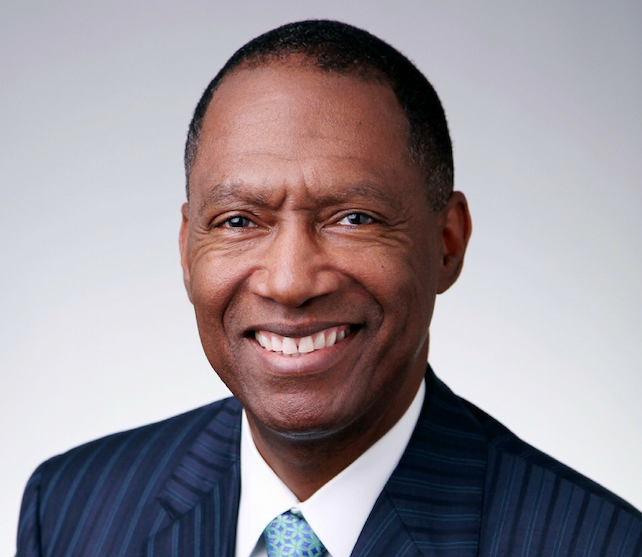Every day, Americans experience economic challenges, from rising housing and transportation costs to high energy bills and grocery expenses. President Trump ran on the promise of helping consumers afford the cost of living and it is vital that the federal government honor that promise now.
The foundational credit union value, people helping people, is central to the role credit unions have always played in helping Americans overcome economic challenges. In partnership with the Small Business Administration during the first Trump administration, Inclusiv member credit unions issued more than $2 billion in Paycheck Protection Program loans to small businesses previously locked out of the program. These loans were small, averaging about $27,000, and were a lifeline for small business owners who didn’t have relationships with the big banks. Similarly, Community Development Financial Institution and Minority Depository Institution credit unions stepped up and worked with the U.S. Treasury Department under Secretary Mnuchin to drive economic revitalization in communities facing economic shocks from the pandemic.
Now, credit unions are ready to help their communities address high energy cost burdens that can force people to make impossible choices between heating or cooling their home in unsafe weather and buying groceries for their families.
Clean energy lending is key to addressing energy unaffordability and to unlocking sustainable economic prosperity for America. By providing affordable clean energy financing for businesses, homeowners and communities, credit unions can help consumers and small business owners save money on energy bills, improve health outcomes through better air quality, and foster economic growth by financing projects that employ American workers.
In 2022, Congress did its part. It passed the Inflation Reduction Act that included key programs like the Greenhouse Gas Reduction Fund Clean Communities Investment Accelerator (CCIA) that is consistent with this Administration’s ambitions and addresses Americans’ need for affordable energy.
The CCIA makes clean energy lending accessible and affordable through community banks, credit unions, and other community-based lenders, ensuring that all Americans, including people living in low-income communities and the many small towns and rural areas that are underserved by mainstream financial institutions have the opportunity to invest in clean energy technologies that reduce their energy costs and improve the comfort of their homes and businesses.
Following a thorough and rigorous application process, Inclusiv was selected as one of five awardees for the CCIA. Inclusiv finalized its $1.87 billion award agreement with the Environmental Protection Agency (EPA) in August 2024. The Inclusiv award invests in community-based credit unions, including Puerto Rico’s financial cooperatives, leveraging additional private capital at least 3:1 to scale renewable energy lending products and services with 100% of the financing being deployed in low-income and disadvantaged communities across the country.
At present, Inclusiv has made grant commitments totaling more than $650 million to 108 community lenders in 27 states and Puerto Rico. The demand for the program has been significant, with more than 250 community lenders signing up to participate in the application process. Those lenders that were not ready to advance to the grant application and grantmaking phase have been enrolled in the Inclusiv Green Home Loans Training program that we deliver in partnership with the University of New Hampshire Center for Impact Finance.
Visit inclusiv.org/ggrf to learn more.
Co-author: Cathie Mahon







